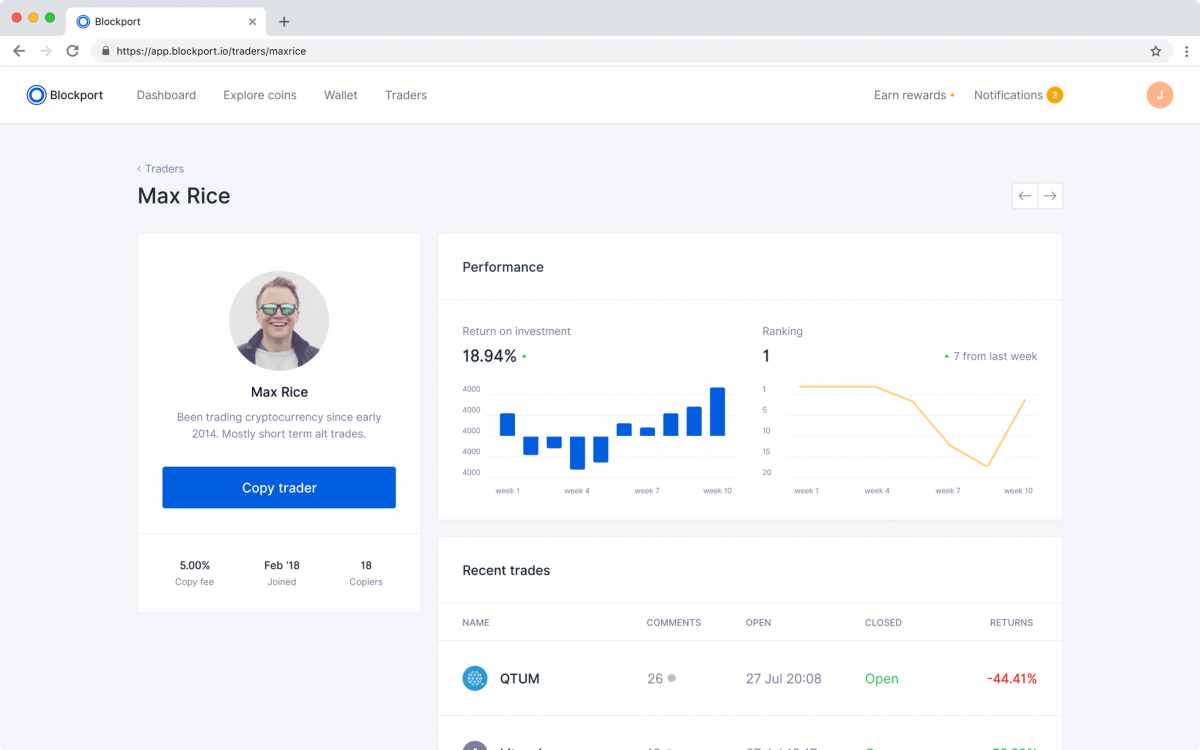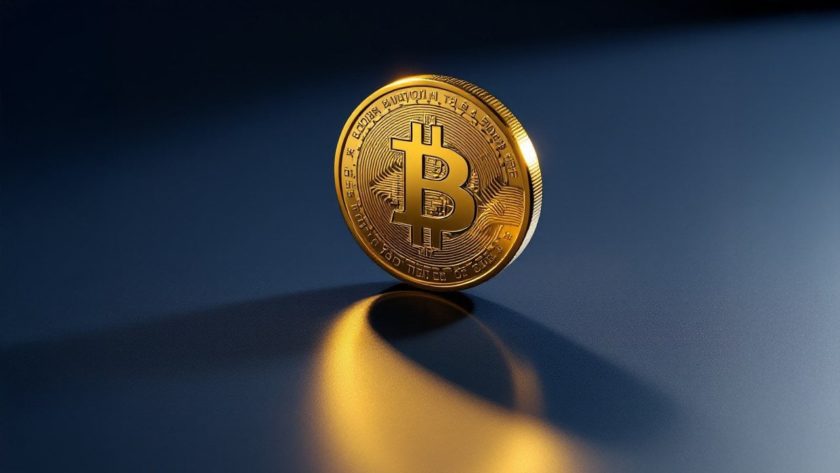Blockport Allows Bitcoin Deposits, Pursues Hybrid-Decentralized Exchange Model
January 23, 2019 by Ian Edwards
Dutch cryptocurrency exchange Blockport has announced that users will be able to deposit bitcoin with the firm, something which hadn’t been possible up till now. But though traders will now be able to transfer bitcoin to Blockport, the funds will actually be held in a wallet on one of three other crypto exchanges. The unusual setup is the first phase of Blockport’s plan to create a hybrid-decentralized exchange, on which is it working with blockchain technology firm Ark.
Also read: Experts Share Thoughts Over Kremlin Bitcoin Crusade
Subscribe to the Bitsonline YouTube channel for great videos featuring industry insiders & experts
Bitcoin Sent to Blockport, But Not Held by Blockport
While bitcoin can now be deposited to Blockport, it won’t actually be held by the firm. Instead, all deposited bitcoin will immediately be transferred to wallets controlled by either Bitstamp, Bitfinex, or Kucoin, its three external exchange partners. This system means that Blockport is not a custodian of any user cryptocurrencies.
And Blockport has integrated these exchanges not just for storing users’ funds but also for matching orders to provide better prices. Blockport co-founder Kai Bennink explained to Bitsonline how the system works:
“If a user buys, for example, 10 bitcoin, we chop up this order of 10 bitcoin into smaller orders and distribute these orders among the external exchanges that we are connected to…And we have created a smart order routing system, it’s a smart algorithm basically, that tries to find the best prices in the market for bitcoin or other cryptos that we offer on the platform.”
Currently, all order matching on Blockport is done through the external exchanges, though the company is working on an internal matching engine. A beta version of that should be ready by February of 2018, according to Bennink.
Plans to Move Toward Hybrid-Decentralized Exchange Underway
Bennink said that Blockport, which raised $12 million EUR in a January 2018 ICO, is also planning to evolve the platform toward a hybrid-decentralized architecture. Though there is no set release date, the earliest it would likely happen would be the end of 2019. The hybrid-decentralized architecture is being developed in partnership with Ark, a blockchain firm developing the infrastructure for atomic swaps.
“Cross-chain atomic swaps,” as they are also known, allow for crypto assets to be traded directly between wallets on different blockchains without going through a traditional crypto exchange. There are several different projects working on atomic swap systems. In addition to Ark, Decred, Waves, Komodo, and others are also developing the technology.
If ARK’s system, called SmartBridge, is rolled out onto Blockport’s platform as planned, it could mean users would be able to hold their funds in wallets they control the private keys to, while still being able to make trades.
Exchange hacks are a constant risk in the cryptosphere, with Cryptotopia’s recent loss of $2.5 million USD being only the latest example. Decentralized exchanges, in their various forms, have been promoted for years as a solution to this problem, but none yet has been able to match the liquidity and speed provided by the big centralized exchanges.
Social Features Planned As Well
In addition to their order matching system, Blockport–which is available in 39 countries–is working on adding a social media layer to the platform. This system, which should begin rolling out by the end of the first quarter of 2019, incorporates Blockport’s native cryptocurrency, called BPT. Bennink described the system to Bitsonline:
“We aim to combine trading with proven concepts of social media. So, the social trading features allow users to follow and copy each other directly on the platform. And if you are an advanced trader or a pro trader, then you can create your own trader profile, just as [you would] a Facebook or Instagram profile, and share your knowledge, share your portfolio, or your strategy with other people on the platform.”
Beginner traders would be able to use BPT to pay to see the trades made by advanced traders, who would receive the payment. Bennink described it as a way to introduce beginners to trading and allow experienced traders to earn income from their knowledge. The concept is similar to that of Cindicator.
It is also intended to increase engagement with the platform, which Bennink said is relatively high. He noted that the ratio of Blockport’s total accounts to active users to is four to five times higher than American exchange Coinbase’s, which could be interpreted to mean that Blockport’s users are more engaged than those of the San Francisco-based crypto giant.
What do you think of the hybrid-decentralized exchange model that Blockport is working on?
Images via Pixabay, Blockport






